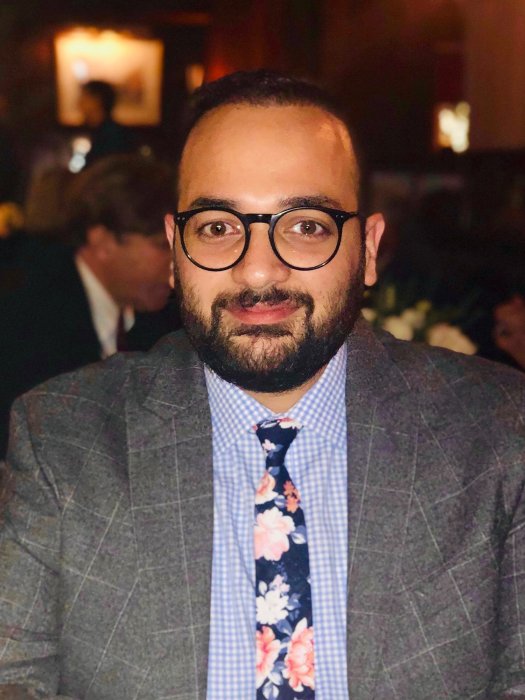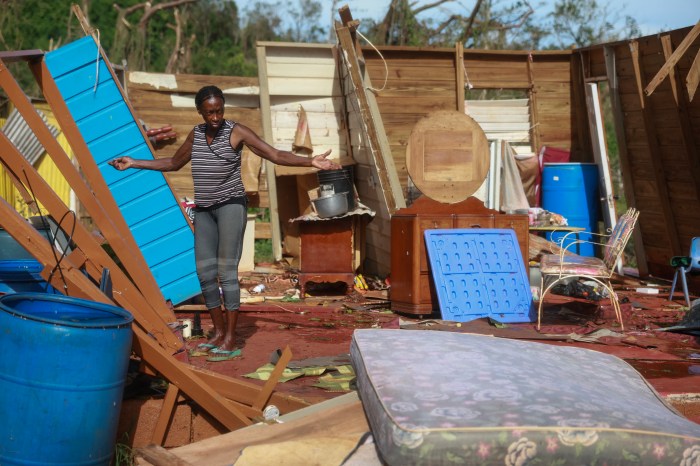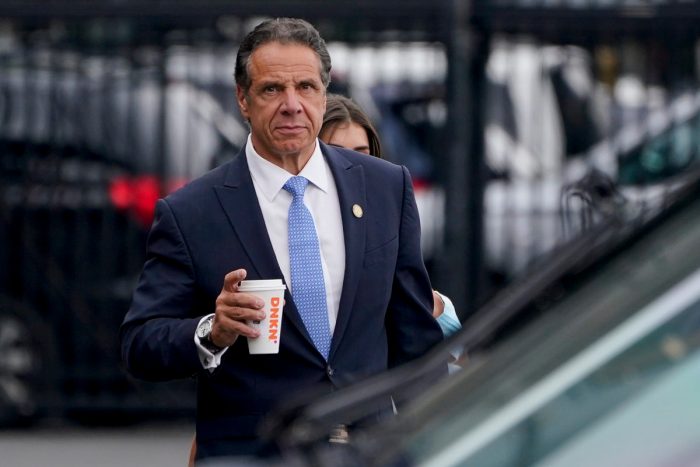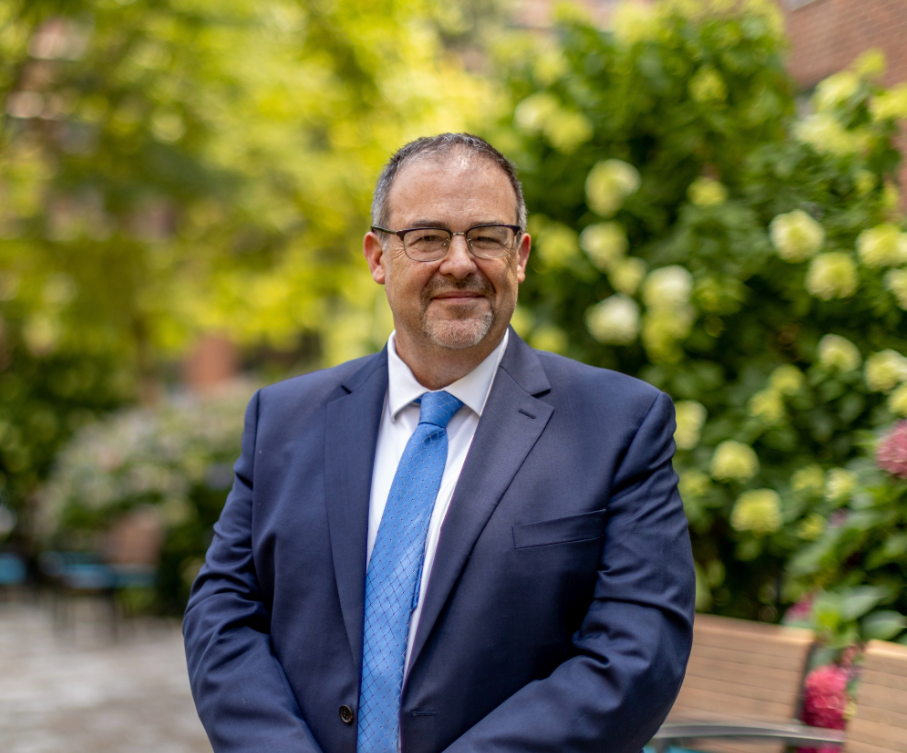While celebrating 50 years as family grouping in 2023, Caribbean leaders participated in some major political and diplomatic events in 2023 in what was clearly a watershed year for regional diplomacy and foreign policy coordination, but violent crime including growing gangland violence, a few major human disasters and the conviction and possible imminent jailing of a former president for mass murders put a blemish on a year of fair achievements.
In May, for example, 20 Guyanese indigenous Amerindian children perished in a fire at heavily grilled up dormitory in a southwestern jungle community near Brazil, leading to calls for an overhaul of safety and security measures but by the end of December, nothing much had changed as fears linger that the same could occur at other residential facilities both on the coast and in the far-flung interior.
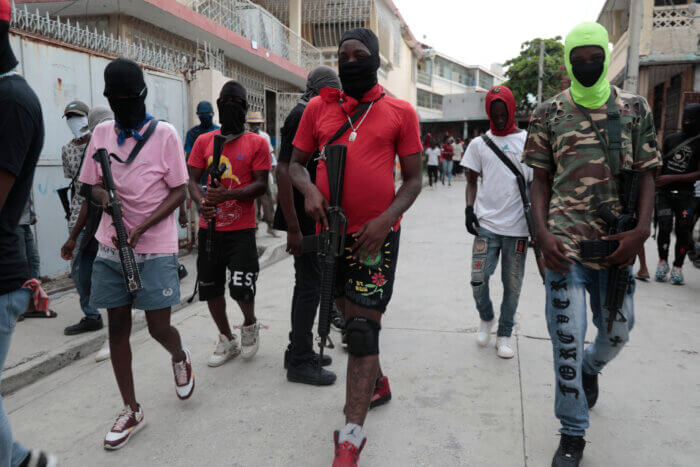
As locals remember the gut-wrenching screams of those trapped, Caribbean leaders were around the same time putting together plans for a structured diplomatic foray into Haiti-its poorest and most populous member nation-by establishing an eminent persons group made up of three former prime ministers who say they have recorded some level of success through shuttle diplomatic in Port Au Prince in recent months. After several rounds of meetings both in Jamaica and in Haiti, the group says that various politically warring stakeholder groups are now talking leading to hopes that fresh elections could be organized next year, elected officials including a president put in place and the control of gangs in urban areas could be minimized.
As the former prime ministers prepare to resume work in the new year, The Bahamas is leading the way with the regional contribution of military and or police personnel to any multinational peacekeeping force to Haiti by already preparing and training 150 men and women to undertake “static duties” in Haiti when the bell rings for any force headed there. Several other bloc member nations including Jamaica say they will also contribute to boots in the ground whenever the UN gets its act together.
Haiti apart, the biggest political and diplomatic challenge for the 15-member bloc had to do with its timely Caricom intervention in the still simmering Guyana-Venezuela border controversy. The leaders pushed Guyana’s Irfaan Ali and Nicolas Maduro to agree to a mid-December mediated meeting in St. Vincent and possibly averted military conflict by forcing Venezuela to back off from annexing Guyana’s Essequibo region which it has long claimed and by persuading Guyana to talk about all controversies. The two sides are to meet in Brazil for mediation by March next year even as tensions have eased a bit since St. Vincent. Tensions had reached a peak following the crash of a Guyana military helicopter near Venezuela in December as it had fueled unjustified speculation about it being hit by a Venezuelan missile.
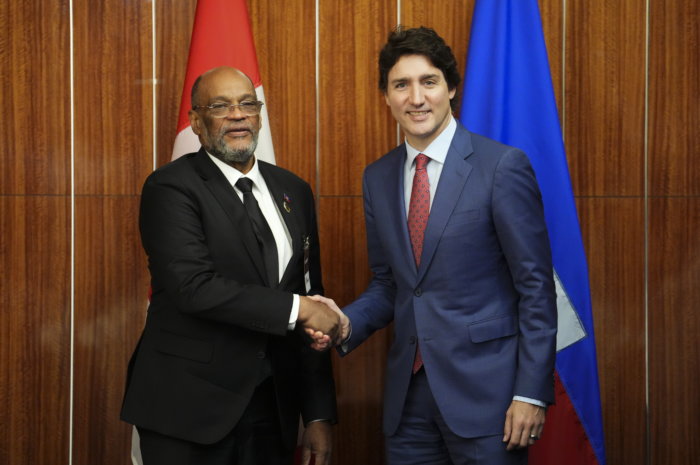
Meanwhile, as a bloc, the region held a string of high-level meetings this year, including those with Justin Trudeau of Canada at their February summit in The Bahamas and again at a full session in Canada with most heads of government in October. On the docket as well was a session with Paul Kagame of Rwanda as they hobbled over an international force to make peace in Haiti.
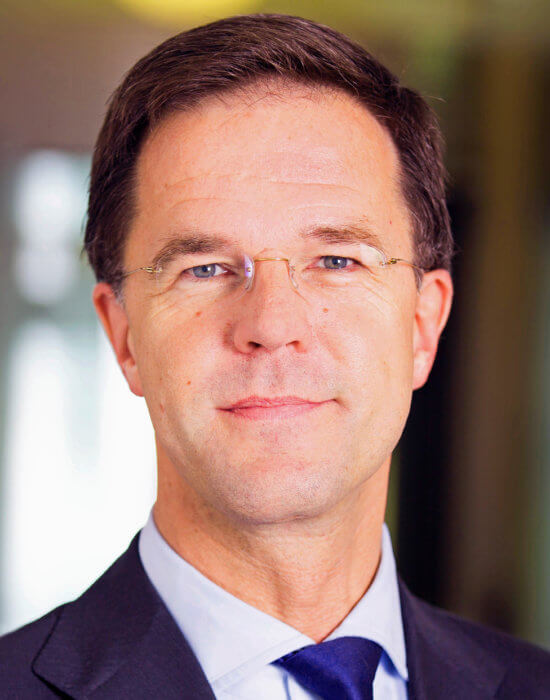
Additionally the region made some strides fighting with Europe to make former slave trading nations pay reparations for the genocide against Africans, adjusting strategy deftly to directly engage some of the British families like the Trevelyans and the Gladstones to make them both apologize for the role of their ancestors and to commit to paying as modern-day beneficiaries. In late December last year, Dutch Prime Minister Mark Rutte apologized for The Netherlands while King Willem did so at mid-year even as pressure was being put on Britain’s King Charles and others to apologize and begin thinking about actual payment. In Fact, Barbadian Prime Minister
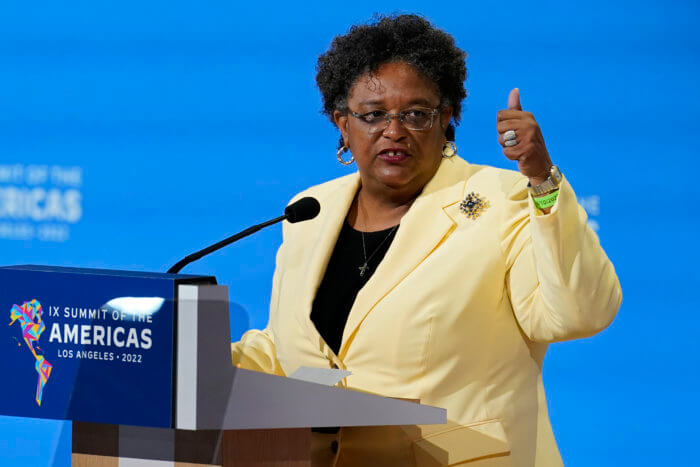
, the leader responsible for reparations in CARICOM, recently made public her preliminary invoice for King Charles, tapping it at close to $5 trillion.
“We’re not expecting that the reparatory damages will be paid in a year, or two, or five because the extraction of wealth and the damages took place over centuries. But we are demanding that we be seen and that we are heard. “The conspiracy of silence for years “has diminished the horror of what our people faced,” she said, noting that the conversation on reparations must of necessity commence, no matter how difficult nor time consuming,” she said.
Again as a bloc, St. Lucia moved all constitutional hurdles in the way to join the Trinidad-based Caribbean Court of Justice (CCJ) leaving its fellow Eastern Caribbean neighbors and Jamaica in the lurch as they struggled to find ways around constitutional roadblocks to also hook up with the regional apex court. Jamaica also made much progress in moving to become a republic, clearing the way for a CCJ debut but nothing concrete is expected until late next year.
As extremely hot weather and drought had stalked the region for much of the year, governments rejoiced about the massive rebound of the lifeline tourism sector with The Bahamas and Jamaica the shining stars. The two will likely account for close to 13 million visitors by the end of the year as arrivals rebounded and have even surpassed pre COVID-19 levels in the past 12 months.
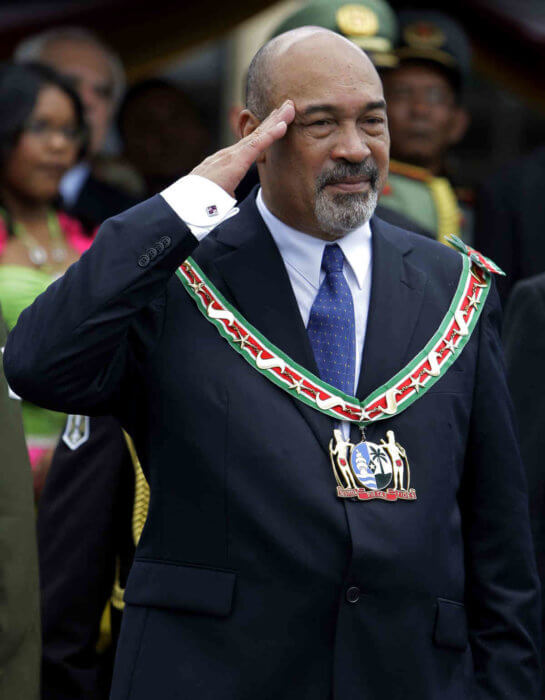
The not so positive news, however, had links to fears that murders in Trinidad could come close or match the 2022 606 murder figure even as the US has successfully stepped up cooperation with the Caribbean to intercept gun shipments to the region. Several arrests were made of shippers to The Bahamas and Trinidad this year. Staying with murders, a court in Suriname in late December reaffirmed the 2019, 20-year sentence for mass murder of former military strongman and two-time elected president Desi Bouterse as he awaits a jail date or a pardon from President Santokhi for the 1982 killings of 15 government critics.. Other nations like Jamaica, The Bahamas, St. Lucia, St. Vincent and to a lesser extent Barbados, are all complaining about the increasing use of guns to commit violent crime.
As for trade and related developments, ExxonMobil began pumping oil from a third field this year taking daily production to close to 600,000 barrels. Neighboring Suriname which shares the” prolific basin with Guyana is expected to start actual production in 2028 as the two now outpace traditional leader Trinidad as it focuses more on gas production and export.
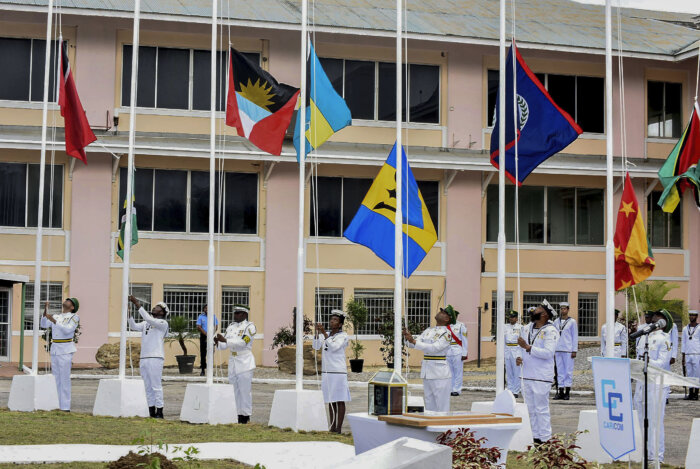
“This has been a landmark year for CARICOM as we marked the 50th anniversary of the signing of the original Treaty of Chaguaramas with festivities across the region. The occasion allowed us to reflect on our accomplishments, and recommit to the vision of the CARICOM’s founders. The past 50 years have taught us that with collective action we can achieve significantly more. With one voice we decried the devastating wars that have precipitated humanitarian crises and signaled our support for the adherence to the fundamental principles of international law, respect for the sovereignty and territorial integrity, most recently in the Guyana-Venezuela border controversy. We continued our strident advocacy for international support to help return our sister member state, Haiti, to peace and stability, and for support to the war on guns which is negatively impacting security across our region,” said Secretary General Carla Barnett in her yearend message.


